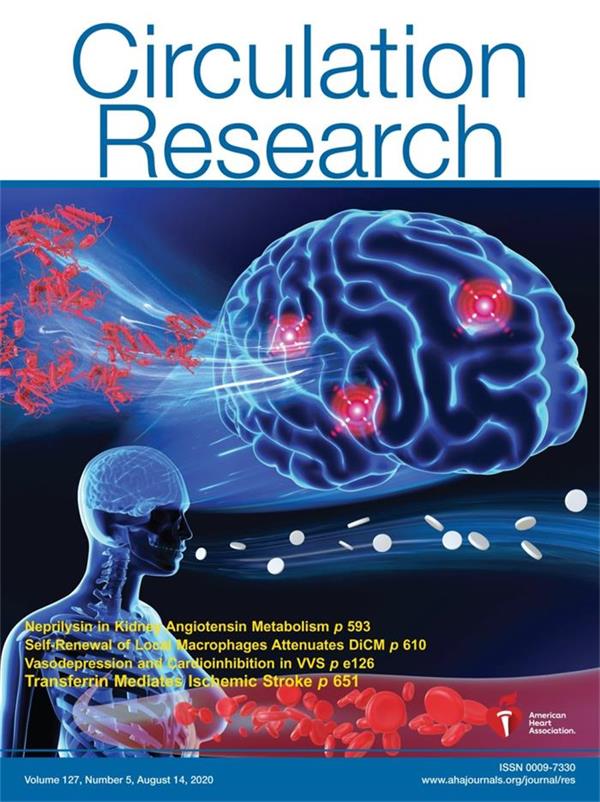Ischemic stroke is usually caused by vascular obstruction, accounting for about 87% of stroke. In short, ischemic stroke occurs after severe reduction or interruption of cerebral blood flow caused by vascular occlusion. At present, ischemic stroke is the second leading cause of death in the world and the most important cause of permanent disability. Both factors, including iron deficiency anemia and the use of combined oral contraceptives, are associated with an increased risk of stroke, but the underlying molecular mechanisms remain uncertain. Iron deficiency anemia (IDA) is the most common nutritional disorder in the world, affecting more than 2 billion people worldwide. Iron deficiency anemia was found to be associated with hemiplegia and aphasia at 30 years ago. In the past few years, the relationship between iron deficiency anemia and thrombotic diseases, such as central retinal vein occlusion, cerebral venous sinus thrombosis and carotid artery thrombosis, has been more and more recognized. Similarly, a large number of studies have shown that the risk of stroke in women using oral contraceptives is significantly increased, which is one of the risk factors for stroke in women of childbearing age.
The team at Kunming Institute of Zoology, Chinese Academy of Sciences, led by professor Ren Lai, recently found that iron deficiency and estrogen up regulate the expression of transferrin by regulating the hypoxia inducible element (HRE) and estrogen response element (ERE) in the regulatory region of transferrin gene, which indicates that the upregulation of transferrin is associated with iron deficiency anemia and the use of oral contraceptives. Our previous study demonstrated that plasma transferrin interacts with coagulation factors and anticoagulant factors with different affinities to maintain the homeostasis of coagulation system (Tang et al. Cell research. 2020). Further experiments in mice models showed that exogenous transferrin treatment, iron deficiency anemia, estrogen administration or transferrin overexpression can induce hypercoagulability and ischemic stroke, while transferrin antibody intervention, transferrin knockdown and designed intervention peptide can significantly reduce the incidence of stroke. These data suggest that the up-regulated transferrin is a risk factor for stroke and is an important correlation factor associated with iron deficiency anemia and oral contraceptive induced thrombosis. This study also confirmed the central role of transferrin in maintaining coagulation balance. This study provides a new way and idea for drug development of thrombotic diseases related to iron deficiency anemia and oral contraceptives.
This study, titled Iron-Deficiency and Estrogen Are Associated with Ischemic Stroke by Up-Regulating Transferrin to Induce Hypercoagulability, was published in Circulation Research of the American Heart Association and was selected as the cover article of issue 5 on August 14, 2020. Website link: https://www.ahajournals.org/doi/full/10.1161/CIRCRESAHA.119.316453.
The first author of this paper is associate professor TANG Xiaopeng; Dr. FANG Mingqian, Dr. CHENG Ruomei, associate professor ZHANG Zhiye and assistant professor SHEN Chuanbin from Kunming Institute of Zoology and WANG Yuming, director of Laboratory Medicine Department of the Second Affiliated Hospital of Kunming Medical University, are the co-first authors of the paper; Professor LAI Ren is the only corresponding author of the paper. This research was financially supported by grants from the Ministry of Science and Technology, the National Natural Science Foundation of China, the Chinese Academy of Sciences, and Science and Technology Department of Yunnan Province.

(Image by Dr. TANG Xiaopeng)
(By TANG Xiaopeng, Editor: YANG Yingrun)
Contact:
YANG Yinrun
yangyingrun@mail.kiz.ac.cn
